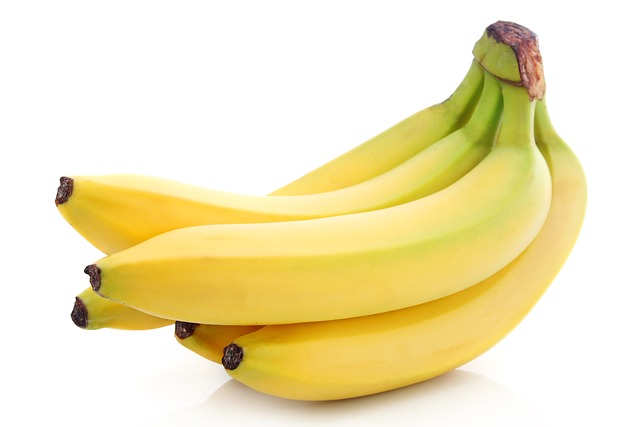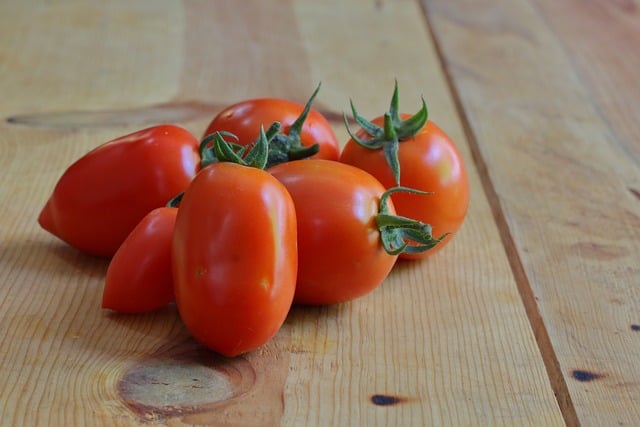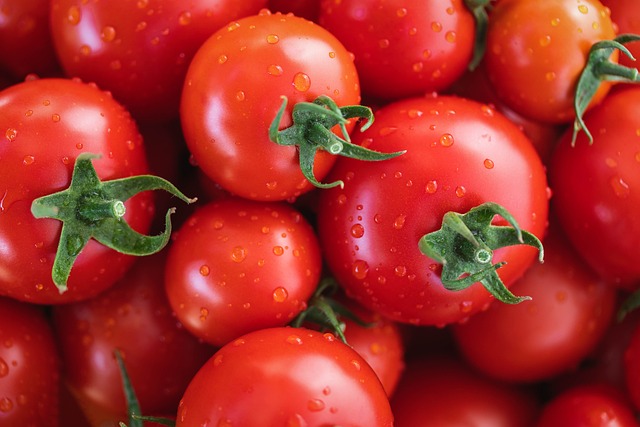Bananas are a common staple food around the world, and their classification as a fruit, vegetable, or berry has been a topic of debate for years. While bananas are generally considered a fruit, they possess some unique characteristics that set them apart from other fruits. Let’s explore the botanical and culinary definitions of bananas and how they fit into these categories.
Botanical Definition
From a botanical perspective, bananas are classified as herbs, not fruits or vegetables. The banana plant is an herbaceous plant, meaning it does not contain true woody tissue in its stem. This is why bananas are technically not fruits, but rather herbs.
Culinary Definition
In the culinary sense, bananas are classified as fruits. They are sweet and often used in desserts, smoothies, and other dishes that are typically associated with fruits. However, bananas are not berries, as they do not have a soft skin, juicy flesh, and many tiny seeds like true berries.
Health Benefits
Despite their classification, bananas offer numerous health benefits. They are known to aid in weight loss, protect against ulcers, cure kidney disorders, and help with healthy weight gain, among other benefits.
Conclusion
Bananas are a unique food that straddles the line between fruits, vegetables, and herbs. While they are technically herbs from a botanical perspective, they are commonly considered fruits in the culinary world. Regardless of their classification, bananas are a nutritious and delicious food that can contribute to a healthy diet.
FAQ About Bananas
- What is a banana?
A banana is an elongated, curved fruit that grows in clusters on banana plants. It is a popular fruit around the world and is known for its sweet taste and soft, creamy texture.
- Is a banana a fruit or a vegetable?
Bananas are technically fruits. While they are commonly referred to as vegetables in the culinary sense, bananas are botanically classified as fruits because they develop from the ovary of a flower and contain seeds.
- Is a banana a berry?
No, bananas are not berries. Berries are a type of fruit that have a soft skin, juicy flesh, and many tiny seeds. Bananas, on the other hand, have a thicker skin, a fleshy interior, and fewer seeds.
- What are the health benefits of bananas?
Bananas offer numerous health benefits, including aiding in weight loss, protecting against ulcers, and providing relief from constipation, among others. They are also a good source of vitamins C and K, potassium, and lycopene, a powerful antioxidant.
- Why are bananas not vegetables?
Bananas are not vegetables because they are botanically classified as fruits. While they are commonly referred to as vegetables in the culinary sense, this is a misnomer.
- Are bananas false fruits?
No, bananas are not false fruits. False fruits are the fruits that develop from tissues other than the ovary, such as apples. Bananas, on the other hand, develop from the ovary and contain seeds.
- Can bananas be used in smoothies?
Yes, bananas can be used in smoothies. They add a unique flavor and a boost of nutrients to smoothies made with fruits, vegetables, and other ingredients.
- Can bananas be canned?
Yes, bananas can be canned. This is a great way to preserve bananas for use in sauces, soups, and other dishes. Canned bananas are also a convenient option for those who do not have access to fresh bananas year-round.
- Can bananas be frozen?
Yes, bananas can be frozen. This is a good way to preserve overripe bananas or to have a supply of bananas on hand for cooking. Frozen bananas can be used in smoothies, sauces, and other dishes.
- Are bananas good for skin health?
Bananas are good for skin health due to their high vitamin C content. Vitamin C is an antioxidant that helps protect the skin from damage caused by free radicals. Bananas also contain lycopene, which has been shown to improve skin health and reduce the risk of skin damage.
- Can bananas be used in skincare products?
Yes, bananas can be used in skincare products. Banana extract is often used in skincare products due to its high vitamin C and lycopene content. These nutrients help protect the skin from damage and improve skin health.
Similar Articles:



Pingback: Are Tomatoes Fruits or Vegetables? - Wellness Readers Digest
Pingback: 20 Affordable High-Fiber Foods for a Healthy Diet - Wellness Readers Digest
Pingback: Mediterranean Diet on a Budget: Eating Healthy Without Breaking the Bank - Wellness Readers Digest
Pingback: Understanding Kosher Food: Rules, Foods, and Its Relation to Halal - Wellness Readers Digest
Pingback: How to Reduce Microplastic Exposure: Protecting Your Health and the Environment - Wellness Readers Digest